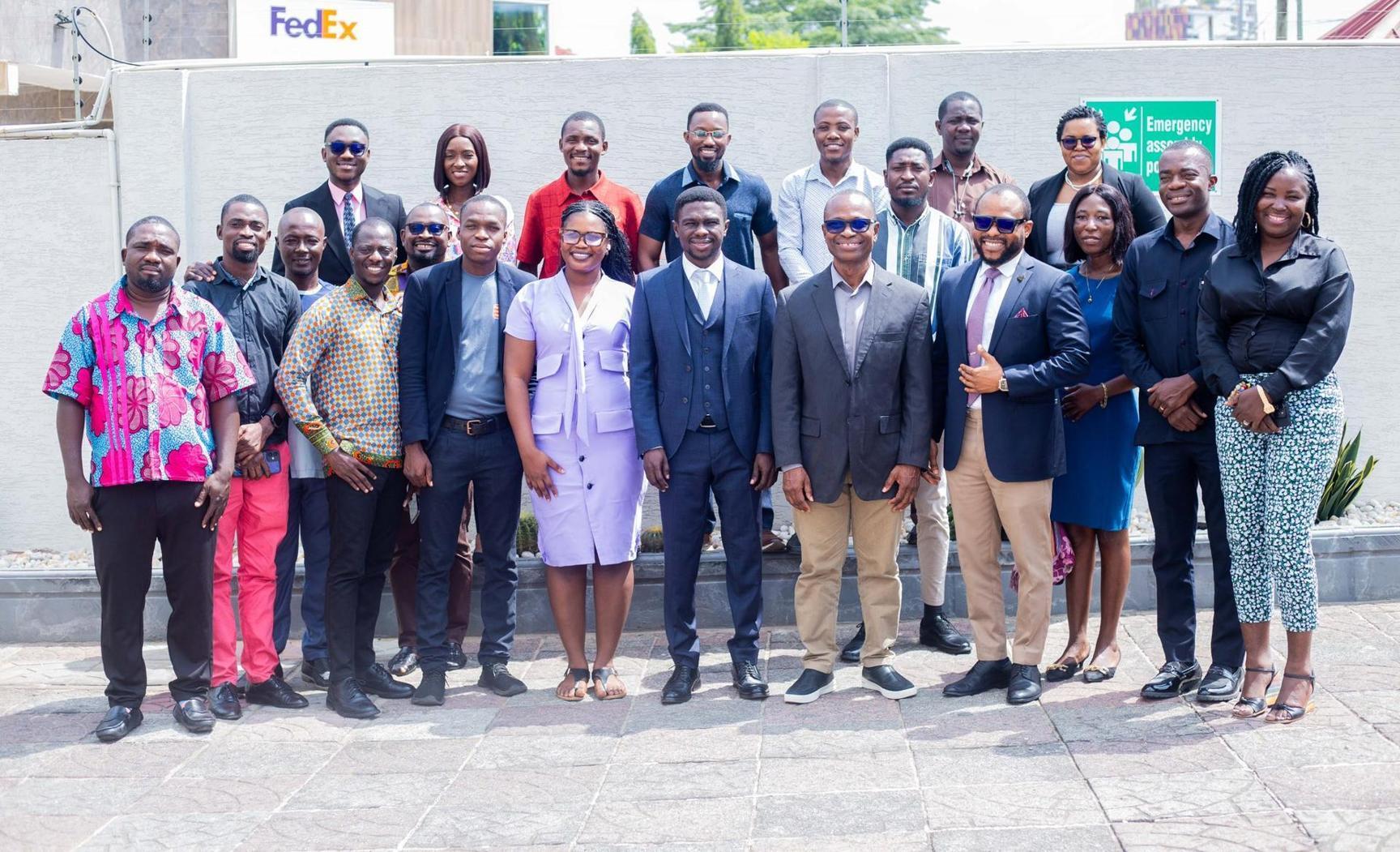Africa-Press – Ghana. The Office of the Special Prosecutor (OSP) and the German Development Cooperation (GIZ) have held a three-day training for some Ghanaian journalists, exposing them to tools and techniques to help in the fight against illicit financial flows (IFFs) in the country.
The collaboration forms part of GIZ’s Participation, Accountability and Integrity for a Resilient Democracy (PAIReD) programme, aimed at strengthening governance systems through enhanced accountability, integrity, and citizen participation.
PAIReD is a four-year initiative commissioned by the German Federal Ministry for Economic Cooperation and Development, co-financed by the European Union and the Swiss State Secretariat for Economic Affairs, and implemented by GIZ in partnership with Ghana’s Ministry of Finance.
The three-day training, held in Accra from Wednesday, October 22 to Friday, October 25, was to build capacity among journalists while fostering collaboration between anti-corruption institutions and the media.
The participants were trained on investigating financial crimes, illicit financial flows, investigative techniques, fact-checking, storytelling, as well as the Act that established the OSP and its operations.
Mr. Kweku Obeng, Component Manager of PAIReD at GIZ, speaking at the programme, explained that a collaboration between journalists and the OSP – an anti-corruption agency, was critical in Ghana’s fight against IFFs and corruption.
“When these two work hand in hand, truth gains a voice, justice gains traction, and citizens gain confidence in the systems that serve them,” Mr. Obeng stated, adding that the training was to also build trust and mutual understanding.
The programme’s collaboration with OSP is founded on the conviction that corruption must not only be punished but prevented, and that public confidence must be earned through professionalism and transparency, he said.
He said: “Investing in journalists’ capacity is essential to the fight against corruption, as journalists serve as the eyes, ears and conscience of society. When empowered with the right knowledge and ethical tools, they become agents of accountability who inspire public demand for integrity in governance.”
Mr. Samuel Appiah Darko, Director of the Strategy, Research and Communication Division at the OSP, described the participating journalists as “not just reporters but reformers, not just storytellers but nation-builders,” urging them to support the country’s corruption fight.
He stated that the establishment of the OSP was in fulfilment of international, regional and national strategy, serving as a body, independent of the political class, and ‘disruptors’ in Ghana’s corruption fight.
He noted that informed journalists, who understand the institution’s mandate, methods and constraints were better equipped to report accurately and fairly, building public trust and reinforcing support for anti-corruption efforts.
“When journalists and anti-corruption institutions engage constructively, we create an ecosystem of accountability, one that protects the public purse, strengthens institutions, and uplifts national confidence,” Mr. Darko said.
Mr. Emmanuel K. Dogbevi, the training facilitator and investigative journalist of international repute, told the participants that investigating illicit financial flows and financial crimes was not simple, but complicated.
“The subject matter isn’t on the surface. It’s not easy to just look at information and conclude that a certain conduct or an act has led or is leading to illicit financial flows,” he explained.
He, however, encouraged the journalists to join forces with other stakeholders to fight it, saying, “we owe it to ourselves and the stability of this country to ensure that the fight to stem illicit financial flows and financial crimes succeeds.”
Mr. Dogbevi called for intensified efforts to capacity building for journalists, and providing reporting grants, to fund investigations – an endeavour that sometimes could take 12 months or more to complete.
For More News And Analysis About Ghana Follow Africa-Press







